By Andrew Spear
Everybody thinks they have the next greatest idea for a movie, and most of those people think that they can write the script for that movie. Easier said than done. Screenwriting is difficult. Some of the greatest writers of all-time were brought to Hollywood and failed.
The beginning of a screenwriter’s journey consists of learning the craft. That involves; reading books, studying screenplays, attending seminars, listening to podcasts and of course, writing. Writing and more writing. Less important, the fun part, watching movies. I can listen to a great symphonic performance, and yet have no idea how it all came about.
After all that comes maybe a bigger hurdle to clear, discovering one’s voice. Believe it or not, the most common major fault in scripts is a lack of meaning. A script can have a beautifully-crafted premise, interesting themes and engaging characters on fascinating journeys but the stories that resonate most are the ones which convey a meaning or evoke an emotion. You have to know what it is that you want to write about? What emotions do you want to expose to others? Tarantino puts it this simply, he writes scripts for films that he’d want to watch.
This is where writing shorts can help. A short is a great way for screenwriters to learn the technical complexities of writing a script and its formatting requirements without the burden of structure and writing 112 pages. Not to mention making how much easier it is to express yourself and see if your 6-15 pages, you can evoke the emotion on your potential audience that you were aiming for. Unlike a feature film, shorts can really upend traditional storytelling and take artistic risks. It’s like writing a poem instead of a novel. And as easy as that sounds there are some guidelines to pay attention to.
Introduce characters with goals, show them encountering obstacles and trying to overcome those obstacles. Show us how they or their world has changed. Set up and resolve dramatic questions. If a story feels unfinished, the emotional impact will be diffused, and will feel anticlimactic.
Focus on the decisions, actions, and goals that define who a character is or who a group of characters are. These minutes, hours and days decide everything. It’s okay to start a story that is already in motion. Just make sure to give the audience the important facets of a story by watching a character do or say something.
It’s easy to get carried away with dialogue, or actions you think are essential to the project. Concentrate on that single moment, that single conflict, building up to its resolution and the unfolding of the character’s arc.
Make sure your film has a point. What was it trying to accomplish? And what pulls it all together is the ending. A feature is full of many scenes with many moments and many characters but you don’t have as much room for this kind of content in your short film, which is why the final, lasting impression is so important. It’s largely what your audience will walk away with.
To quote the old joke, “Can you tell me how to get to Carnegie Hall? Practice, practice practice.”
So how many short scripts have you written?
NB Film Co-op member Andrew Spear


